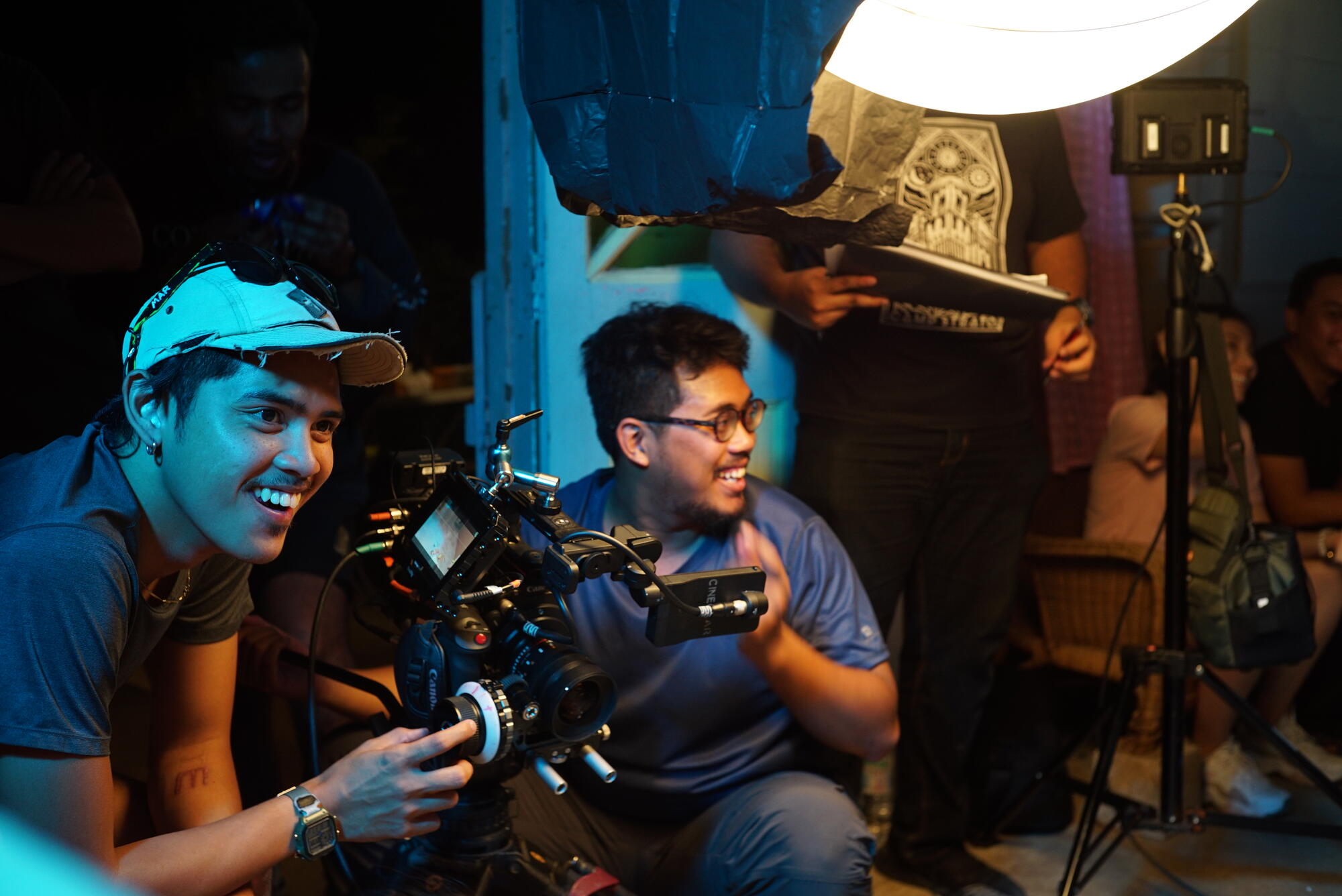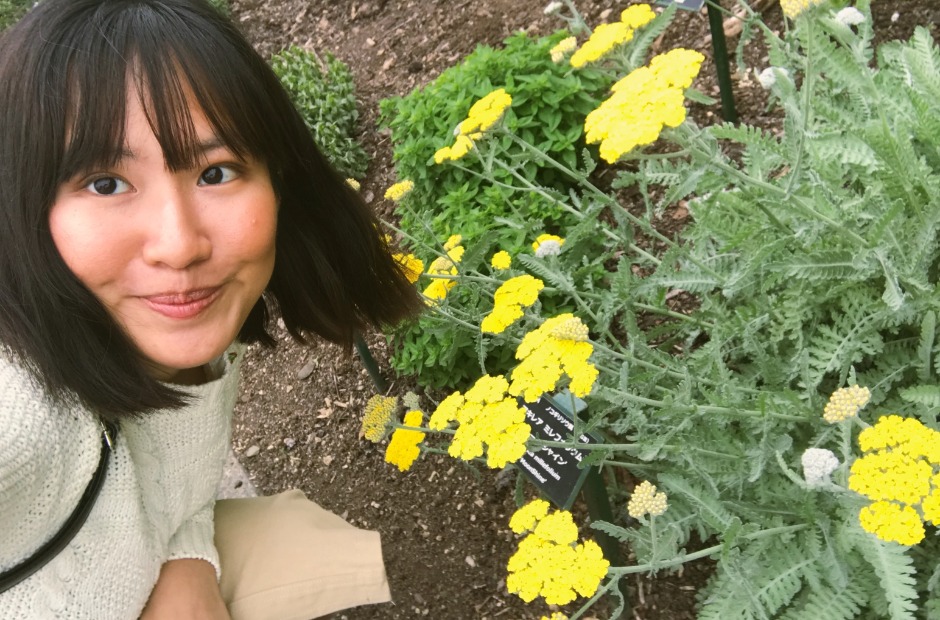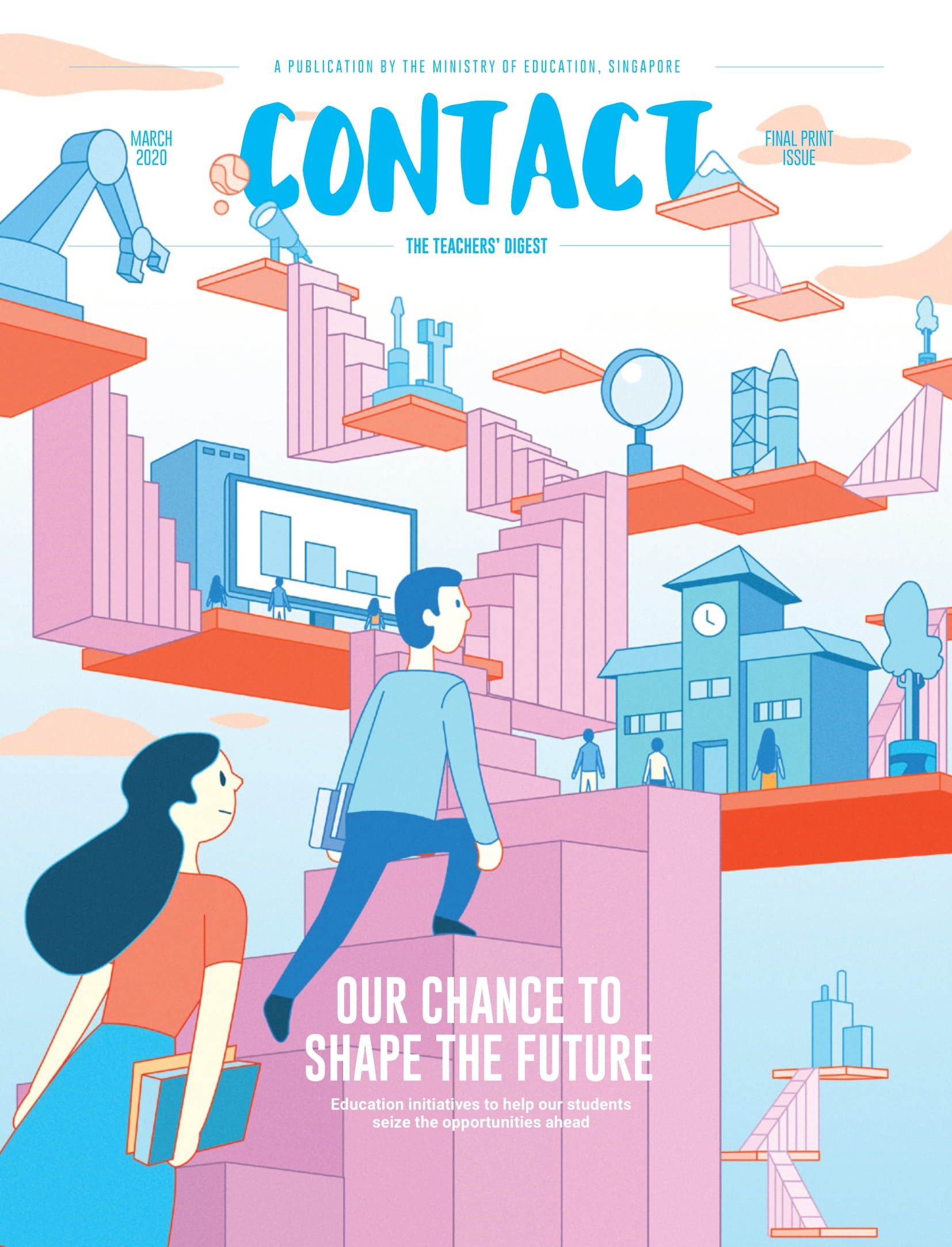Muhd Ammar Nasrulhaq began his education at Canossian School, and now, at 28 years old, he is already a dancer, choreographer, theatre practitioner, film-maker and editor. Being deaf has not limited Ammar’s passion for creativity and the arts. In fact, his disability has taught him to persevere when the going gets tough. When he is not busy creating works of art, he can be found on a sailboat in the open waters. Here, Ammar shares his journey as an artist and his dreams for the future.
What is your typical day like at work?
My typical day at work consists of meetings, sometimes they are back-to-back. I am a freelance artist (dancer, choreographer, theatre practitioner), and I’m also working in the video production industry (director, editor, videographer). I get to do my work at cafes, the beach, or at home. I love working remotely in different spaces.
What is the favourite part of your work?
Creating. The process of creating is an essential part of me — it is what I have done most in my entire life. It started from building Legos blocks at a young age, then developed into making videos, designing dance movements, etc.
What are some challenges that you have faced at work?
Accessibility. As I am deaf, I usually have a hard time hearing my colleagues or clients when we are working in a production set. As a result, many of them mistake this as a sign of my ignorance. When I dance, I also have difficulty hearing the music without my headphones , so I have to memorise the beat and practise the moves constantly.
How do you cope with these challenges?
I managed to overcome the odds by biting the bullet. I do not let my disability prevent me from doing what I love to do. Also, experience is my greatest teacher.
What are some memorable projects that you were involved in ?
I work with Redeafination, an independent dance crew run by deaf people. One of the biggest projects I have ever done was with them. I created and performed a 45-minute dance piece for True Colours Festival 2017. This piece was performed at the Singapore Indoor Stadium, with various lighting effects, visual graphics, and a lot of heavy projections. It felt like a very expensive, professional setting!
Redeafination was formed in 2008, and along the years, we have performed locally and overseas such as in Hong Kong, Norway, France and Myanmar. There were many people with disabilities from other countries involved, and I felt a sense of pride having all of us share one stage to show our talents together.
What are some skills you have learned from work?
Adaptability. There are many things I have to adapt to and improvise due to my disability. Communication is one key problem. I get around by gesturing or sometimes writing things down but this always involves some trial and error. I might not get all the details, but I always try my best to understand what the person is saying as much as I can. When I am performing, I also have to rely on my sense of sight and be more aware of my surroundings. There were many times when I felt like giving up, but it was through these failures that I learned best.
How has your experience in school helped to prepare you for work?
It has helped me to be confident of who I am and not let my disability decide what I can or cannot do. I remember a particular speech practice in school, when I delivered my speech verbally. I wanted to show it was untrue that the deaf cannot speak.
What have you learned in school that you find useful at work?
Resilience. School was tough for me. I was not a particularly academically inclined student, and I was more interested in my co-curricular activities: Dance and National Cadet Corps. With that, I grew up learning to cope in difficult situations and to not give up easily.
How did you begin working as a freelance artist?
I was given an offer from a friend who recognised my talents. My first project was a wedding photo shoot, which I actually thought I failed miserably at. My friend was kind enough to keep supporting my art though, even until now. All I needed was that spark, and the rest is history.
What are some tips that you can share with other youths looking for work?
Do not stop at rejection. I believe that whenever a door closes on you, two other doors will open. From my experience, this is really true.
What activities do you enjoy when you are not at work?
I enjoy being in nature. Currently, I am an active sailor in the Singapore Sports Disability Council (SSDC). Every week, I am out at sea. I feel I was born to be in the wild. When I was a child, my dad and I spent most of our weekends at the beach or hiking at MacRitchie Reservoir. This started my love for nature. In my polytechnic days, I joined an adventure club and went on yearly expeditions. When I’m out in nature, I can settle down and reflect on how we are all just human. Be kind and love yourself!
What are your aspirations for the future?
I want to be a role model to the deaf or disabled community. I want to show you can work towards something you love instead of being limited to something you do not like. Nobody thought I could make a career out of my passion, but I did it. I believe if you love your work, every day feels like a trip to the playground. Keep playing!
Check out the rest of the stories in this series: “I want, and I will be the best that I can be” and “A zest for life and learning”






